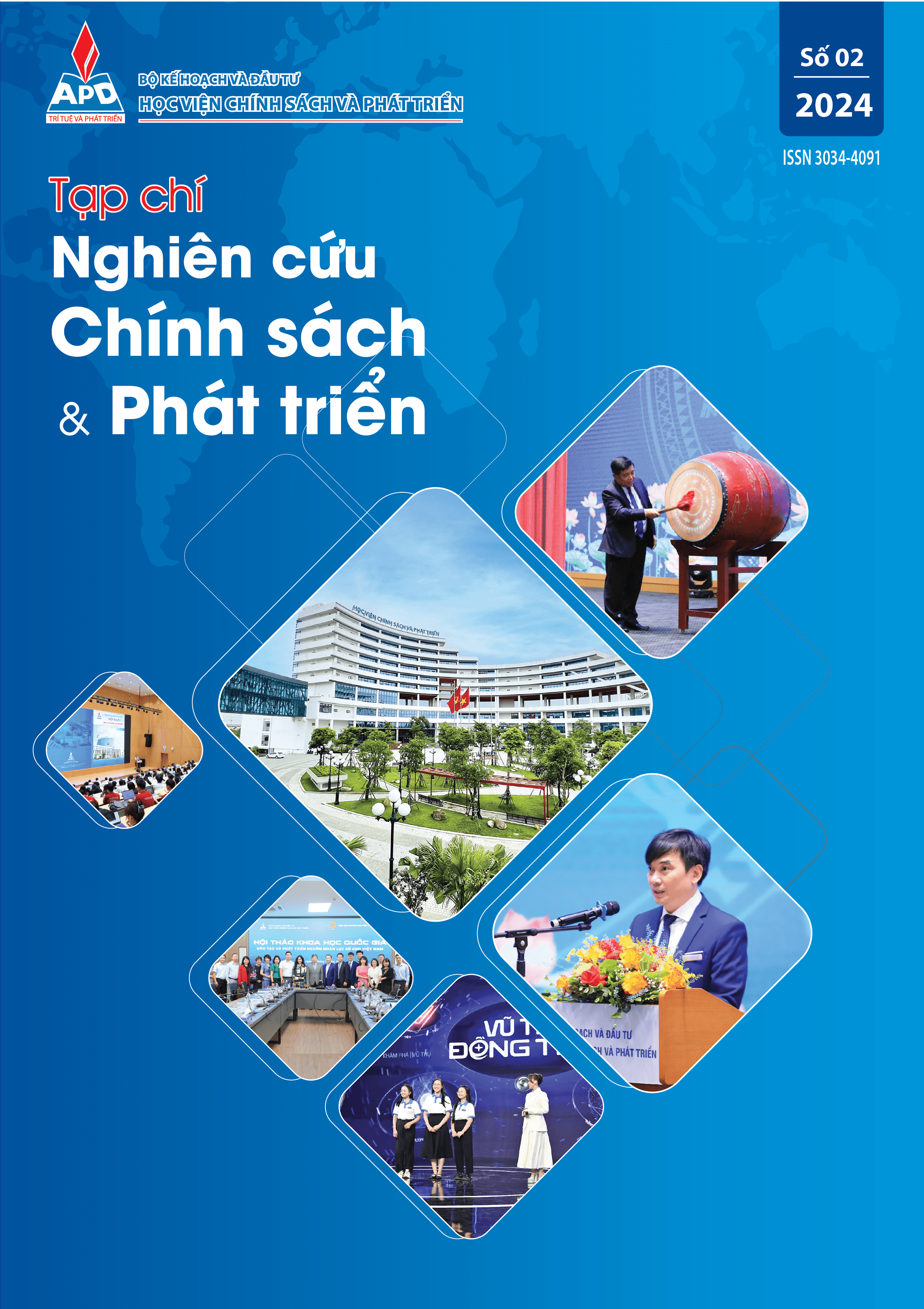Ứng dụng phương pháp dạy học dựa trên nhiệm vụ (Task-based language teaching) trong việc giảng dạy các học phần Tiếng Anh cơ bản
Downloads
Published
How to Cite
Issue
Section
Keywords:
task-based language teaching, tasks, interaction, language developmentAbstract
Task-based language teaching is an instructional method that helps learners develop language skills naturally through practical tasks, proving to be more effective than traditional methods that focus solely on knowledge transmission. In the General English courses at the Academy of Policy and Development, students practise all four skills: Listening, Speaking, Reading, and Writing. However, due to limited time and repetitive content and similar practice exercises in the course books, students may find it boring without interactive activities. Therefore, it is essential to apply new teaching methods to enhance learning effectiveness and improve learners' ability to use the language flexibly. This article outlines the concept, advantages, and applications of taskbased method in teaching General English courses.
References
1. Bui, L. D., & Newton, J. (2022).
Developing task-based lessons from PPP lessons:
1. A case of primary English textbooks in Vietnam. RELC Journal, 53(1), 203–215. https://doi.org/10.1177/0033688220912040
2. Ellis, R. (2003). Task-based Language Learning and Teaching. Oxford: Oxford University Press.
3. Nunan, D. (2004). Task-based Language Teaching. Cambridge: Cambridge University Press.
4. Richards, J. C., & Rodgers, T. S. (2001). Approaches and Methods in Language Teaching. Cambridge: Cambridge University Press.
5. Skehan, P. (1996). A Framework for the Implementation of Task-Based Instruction. Applied Linguistics, 17(1), 38-62.
6. Willis, J. (1996). A Framework for TaskBased Learning. Harlow: Longman.







